Gas Safety Week 2020: The legal obligations of landlords and business owners
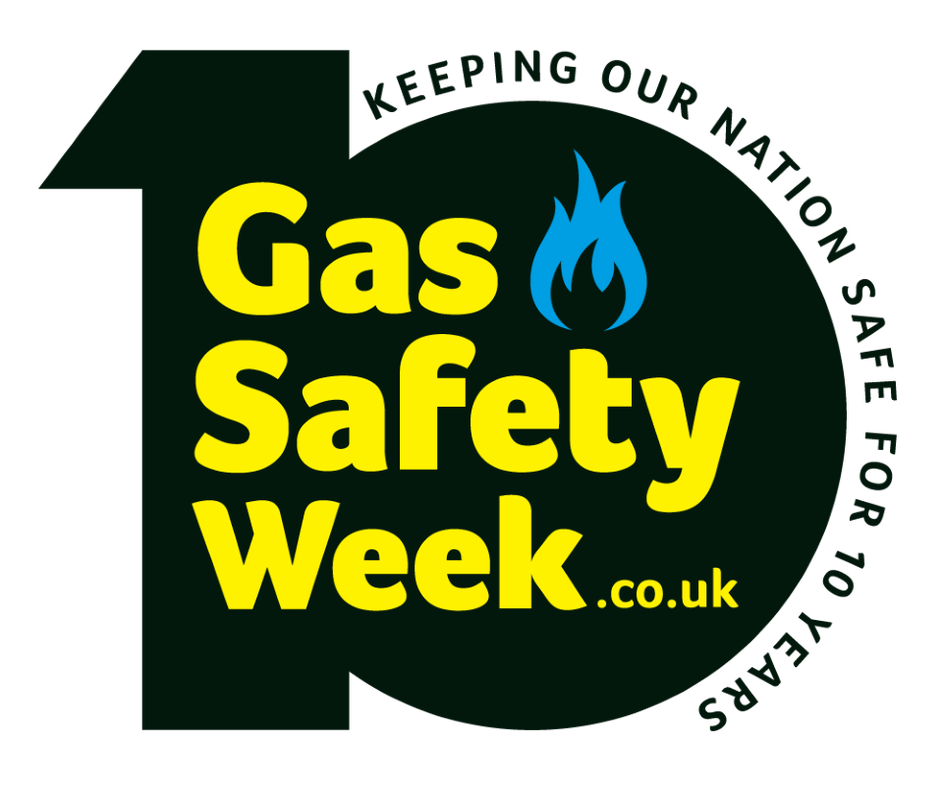
Landlords across the UK take pride in providing their tenants with a safe and warm home to live in. Similarly, British business owners work hard to create an enjoyable environment for both their customers and their employees. Making sure that all gas appliances in your property or business premises are working safely plays a big part in achieving this. Plus, legally, landlords have to make sure their properties are gas safe and business owners have a similar responsibility to maintain all gas appliances being used.
Find a vetted gas/heating engineer to complete the job on Rated People.
To mark the tenth annual Gas Safety Week (14th – 20th September 2020), some of our Gas Safe registered engineers have given us their thoughts on the most important things that landlords and business owners should know to make sure their property is gas safe.
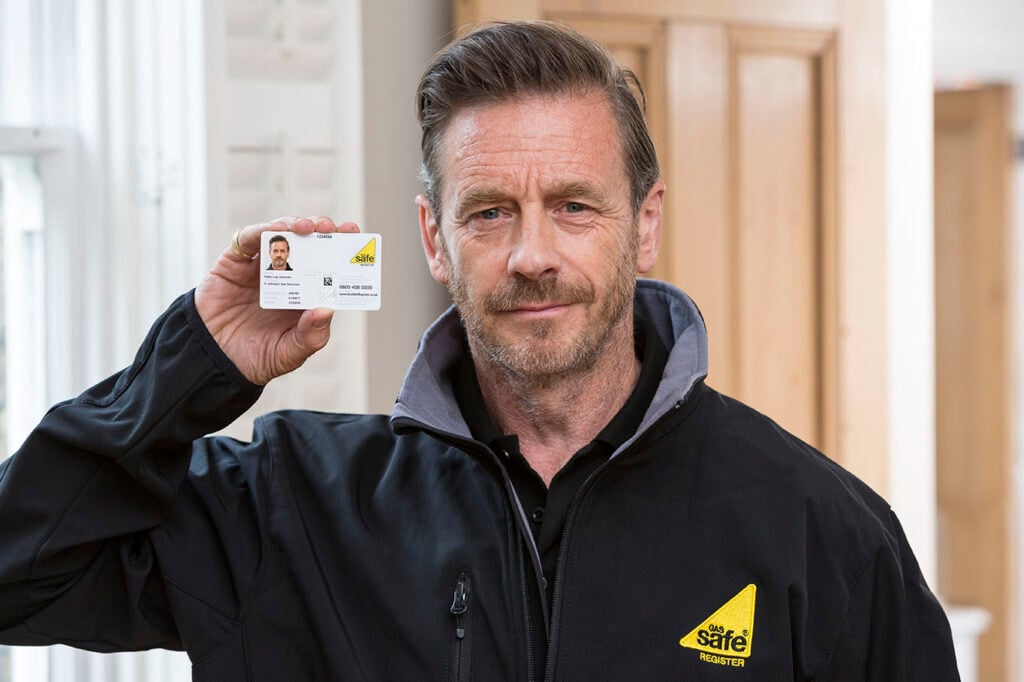
Gas safety advice for landlords and business owners – from the professionals

“You should get your Gas Safety certificate every year for gas fires, boilers and all other gas appliances. Sometimes they’re neglected for so long they become dangerous.”
Robin @ RK Gas Safe

“Many homeowners don’t know that their boiler needs to be serviced every year for the manufacturer guarantee to stay valid.”
Keith @ K Marsh Plumbing & Heating Ltd

“Heating accounts for about 55% of what you spend in a year on energy bills, so an efficient boiler makes a big difference.”
Tim @ TS Gas & Electric Ltd

“If you need a gas repair to be done, you should get it fixed correctly and safely by a professional Gas Safe engineer. Never attempt or risk a cheaper alternative or cut any corners.”
Dee @ EcoHome Boilers Ltd

“Having a carbon monoxide appliance alarm installed in your home is one of the most important ways to make it gas safe.”
Landlords – your legal responsibilities
As a landlord, you’re legally responsible for the safety of all of your tenants whilst they’re in your property.
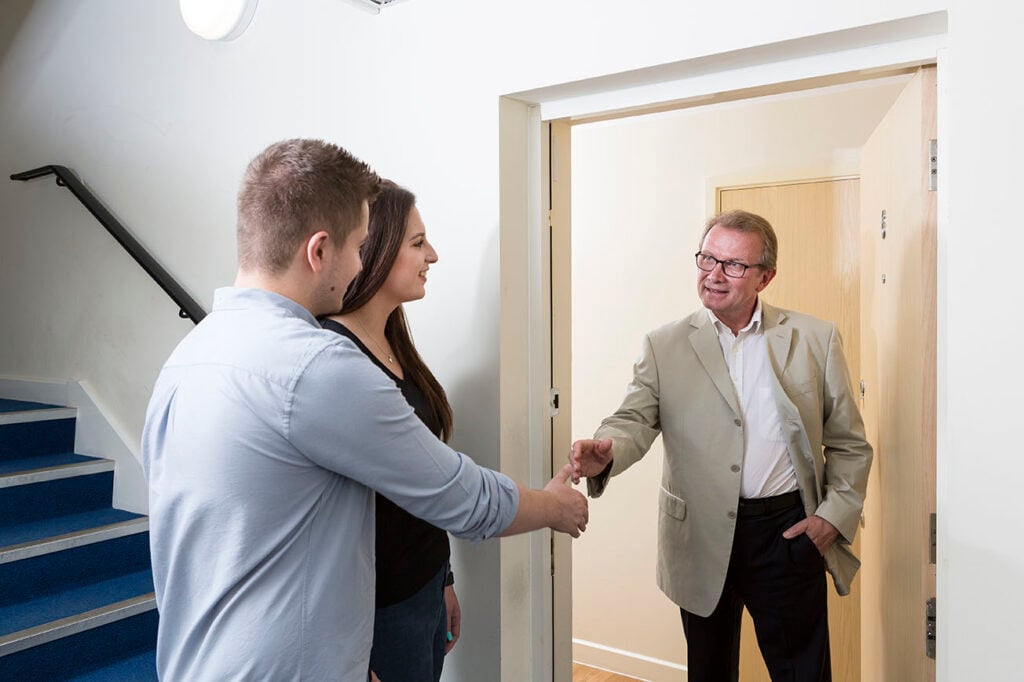
So, you must:
- Maintain and fix any issues with all gas pipework, appliances and flues provided for tenants.
- Organise an annual safety check by a Gas Safe registered engineer in each of your properties – your tenants could report you to HSE if you don’t!
- Provide a Gas Safety Record to new tenants before they move in and to existing tenants within 28 days of the annual check.
- Keep a copy of the Gas Safety Record until two following checks have been completed.
- Remove any unsafe gas equipment before re-letting. This includes any gas appliances left by previous tenants.
Find out what will happen during a gas service in your property in our guide to gas safety checks and servicing.
Business owners – your legal responsibilities
By law, the responsible person at any workplace (so, the employer) must make sure that any and all gas appliances, installation pipework and flues under their control are maintained. This reduces the risk of injury for employees and customers.
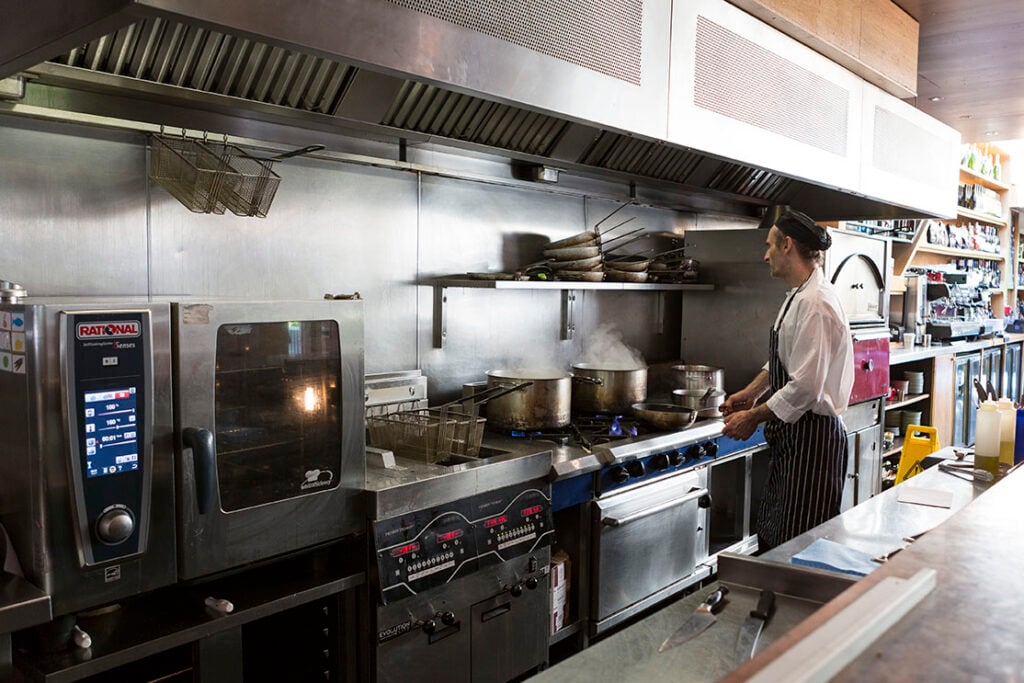
If this duty falls on you, then you must:
- Have all gas equipment installed, commissioned and maintained by a qualified Gas Safe registered engineer. You may have to provide evidence of ongoing maintenance to the Environmental Health Officer (EHO) during an inspection – so be sure to ask the engineer for the relevant paperwork! If you don’t, or if the EHO has any safety concerns about your business premises, then they could serve you a formal notice stating which actions you must take to comply with the law.
- Make sure that the engineer is qualified to work on the specific gas equipment in your business. Not all Gas Safe engineers are able to work on an LPG cooker in a mobile catering vehicle, for example.
Four simple steps to becoming gas safe
1. Get your gas appliances checked at least once a year
Register for an annual email or text reminder on StayGasSafe.co.uk. Then, you can connect with a vetted gas and heating engineer on Rated People to complete the job!
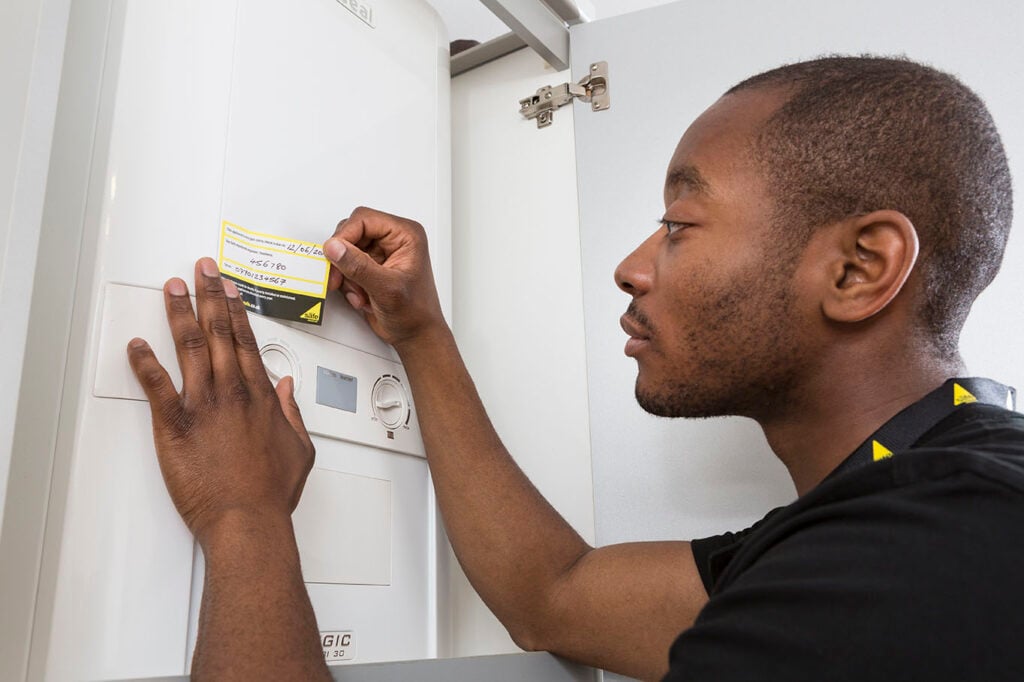
2. Check your engineer is Gas Safe registered and qualified for the type of gas work that you need doing
Find out if a Rated People tradesperson is Gas Safe by checking the ‘Trade Certifications’ section of their profile. There’s also a list of the specific services that they offer in the ‘Services Available’ section.
Plus, the engineer should have a valid Gas Safe ID card that you can ask to see when they arrive to do the job. You’ll be able to see which type of gas work they’re qualified to do on the back of their ID card.
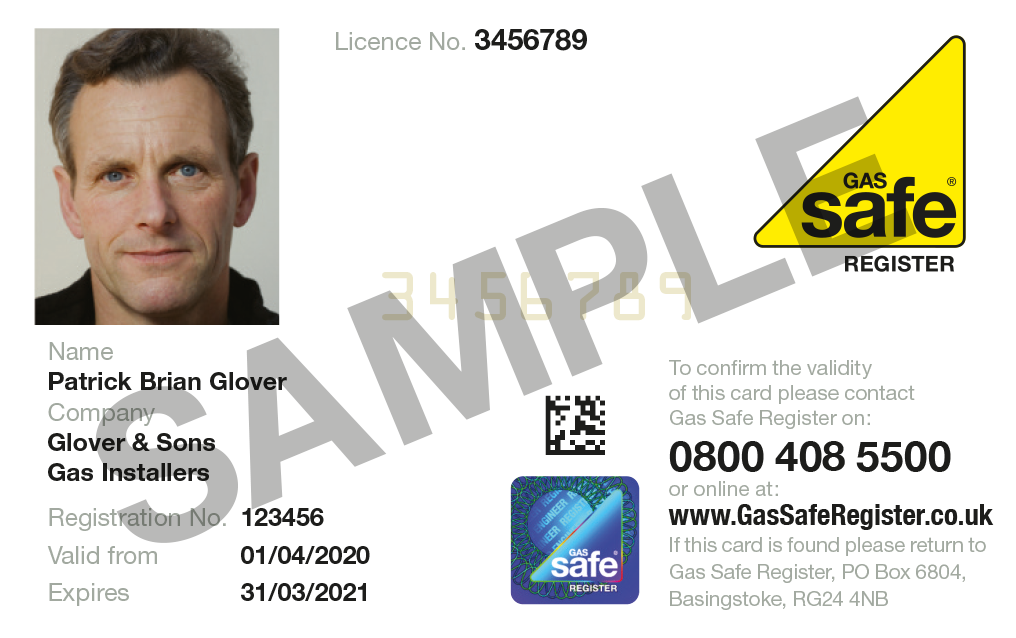
Front of a sample Gas Safe ID card 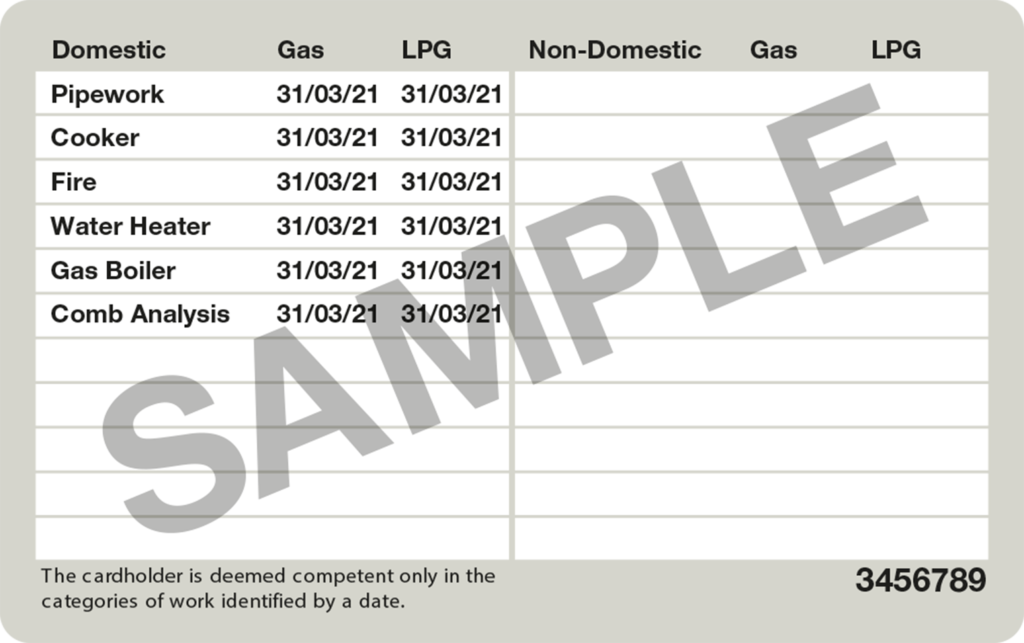
Back of a sample Gas Safe ID card
3. Check for warning signs
According to the Gas Safe Register, the top four signs that your gas appliances aren’t working safely are:
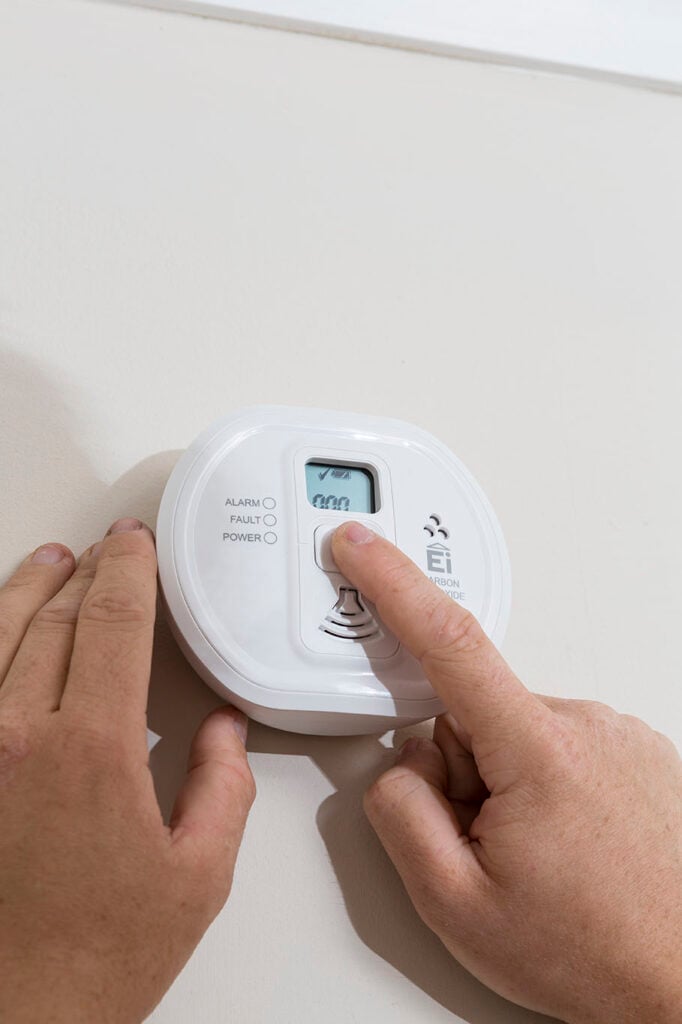
- A lazy yellow flame instead of a crisp blue one.
- Pilot lights regularly going out.
- Black marks on or around appliances.
- Increased condensation on windows.
It’s also important that you know the six main symptoms of carbon monoxide poisoning, so that you can seek medical help immediately, if needed. The symptoms are headaches, dizziness, breathlessness, nausea, collapse and loss of consciousness. Read more about how to deal with gas leaks on our Homeowner Advice Centre.
4. Install a carbon monoxide alarm
Check that it’s marked with EN50291 and displays the British Standards’ Kitemark.
Find a Gas Safe registered gas and heating engineer
Don’t be tempted to cut corners and do a DIY gas safety check – it could have serious health and safety consequences. Plus, it’s illegal for people that aren’t on the Gas Safe register to attempt to install or repair a gas appliance.
Find out how one of our Rated People tradespeople, PGS Plumbing, make sure that they provide a quality gas service in our guide to hiring a Gas Safe engineer.
Looking to hire a Gas Safe engineer to complete the annual check and regular maintenance for your property or business premises? We’ve got plenty available on Rated People – find a vetted gas and heating engineer near you.




